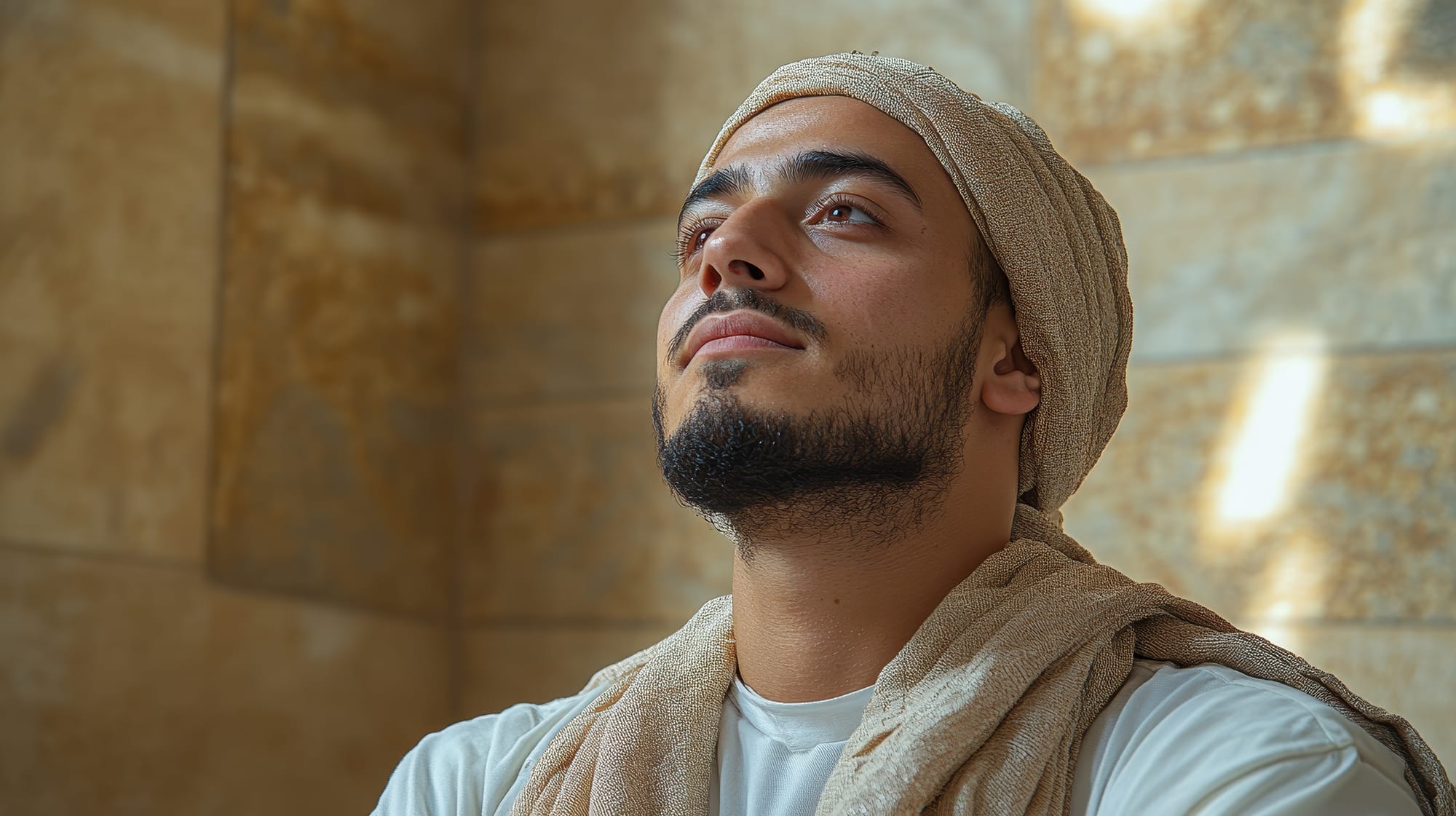100 Heroes: Abu Nuwas
The gay man who became one of the greatest Arabic poets.

Abū Nuwās was a poet who is known as a master of all the contemporary genres of Arabic poetry.
He also entered the folkloric tradition, appearing several times in One Thousand and One Nights.
Early life
Born in the city of Ahvaz - in modern-day Iran - Abū Nuwās never knew his father, Hānī. Hānī was a descendant of the Arabian Jizani tribe, Banu Hakam, and a soldier in the army of Marwan II.
The mother of Abū Nuwās was named Jullaban, and is described as a Persian weaver.
Biographies differ on the date of Abu Nuwas’ birth, ranging from 747 to 762.
Death
Abū Nuwās died during the civil war before al-Ma’mūn advanced from Khurāsān either in 199 or 200 AH (814-816 AD).
Legacy
Abū Nuwās is one of various people credited with inventing the literary form of the mu‘ammā – a riddle which is solved by combining the constituent letters of the word or name designed to be found.
Controversy
While his works were freely in circulation throughout the centuries, published editions of his poems began being censored in the early 20th century.
The writings of Abū Nuwās can be interpreted as ridiculing elements of Islam - particularly the religious and cultural norms that shaped his daily life at the time of writing. There are also strong homoerotic elements present within the work of Abū Nuwās - which was common among poetry and art of that era.
Abū Nuwās frequently writes about his passion for beardless young men.
In 2001, the Egyptian Ministry of Culture ordered the burning of some 6,000 books of poetry of by Abū Nuwās because it was deemed as homoerotic.
